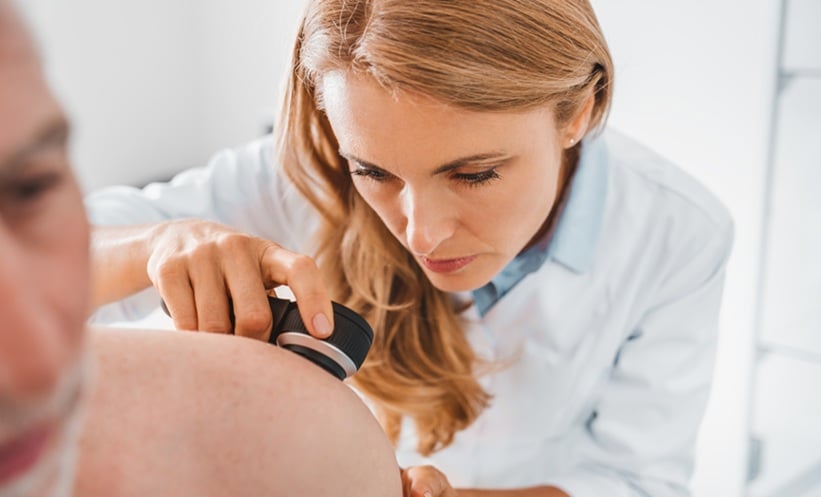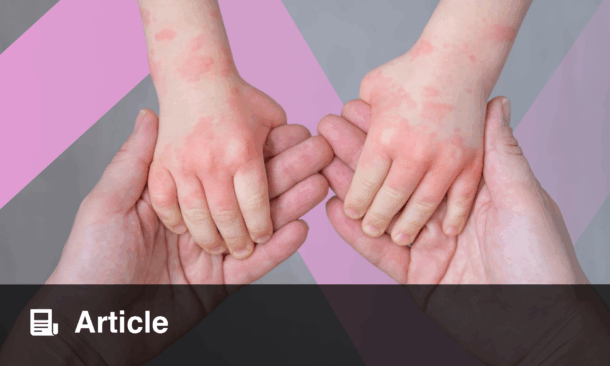A NEW study using data from the All of Us Research Program has identified significant associations between autoimmune diseases and both melanoma and non-melanoma skin cancers. The cross-sectional analysis included 419,789 participants and applied multivariable logistic regression models, adjusting for sociodemographic factors, comorbidities, and immunosuppressant use.
The researchers found that melanoma risk was notably higher in individuals with Sjögren’s syndrome, inflammatory bowel disease (IBD), vitiligo, and autoimmune thyroiditis. For non-melanoma skin cancer, elevated risk was observed in participants with Sjögren’s syndrome, IBD, and Type 1 diabetes mellitus.
One particularly novel finding was the increased risk of melanoma and basal cell carcinoma among individuals with vitiligo. Previous studies have often suggested a protective effect of vitiligo against melanoma, making this result unexpected. The authors suggest that differences may be due to the greater genetic diversity of the All of Us cohort compared with earlier studies, or to confounding factors such as immune checkpoint inhibitor use, which is more common in autoimmune populations.
The results highlight the importance of vigilant skin cancer surveillance in patients with certain autoimmune diseases. Given that autoimmune disorders already involve dysregulation of immune pathways, the study underscores the need to better understand how these mechanisms may also contribute to skin cancer susceptibility.
Future research will be essential to clarify the biological links between autoimmunity and skin malignancy, and to explore how treatments for autoimmune conditions may influence cancer risk. For now, the findings provide evidence that clinicians should consider enhanced monitoring strategies for high-risk autoimmune groups, ensuring earlier detection and improved outcomes.
Reference
Joel MZ et al. Association of autoimmune disease with melanoma and non-melanoma skin cancers. Clin Exp Dermatol. 2025;DOI:10.1093/ced/llaf409.








